4 considerations for self defense practice:- Because there is no retake in Self Defense
This picture from more 11 years ago is out of focus, it is the only one I have as a souvenir of that power break practise ,. My friend managed to capture on camera while I did it.
For obvious reasons , doing multiple breaks on cinder blocks for a souvenir photos
just wouldn't make sense.
So why am I bringing this up? You see, this situation is kind of like how it is when you are in a self defense situation, there is no retake. There is no rematch .
You can't bring new skill to that fight, and you will have to live with the result for the rest of your life.
Just like how my experience of being attacked overseas, set me off on a path to study what works and what doesn't , and more importantly why it works, something which I share with my students, so that they too can be effective in a physical confrontation.
We need to ensure that what we are practicing for self defense is congruent with reality, so that we can have the relevant skills to deal with the situation.
Here are a few elements you'd need to consider when training to develop skills for self defense...
1. Is what you are doing possible or is it probable
Everything is possible, but spend time on the probable. A flying armbar is athletic and cool, but one is unlikely to pull it off in a street confrontation. Careful what you practise or you will get very good at the wrong thing
2. Is there consideration for the laws of physics?
Do you always work in a balanced and stable position? Do you consider realistic movement of both you and the Bad Guy, when you engage? In a confrontation, there is action and reaction, when he hits you, you will move, do you and him move realistically in relation to biomechanics and the laws of physics ? Practising pull, practising missing , creates a depth perception habit which can be detrimental to your survival
3. Do you consider the context of the situation or do you just practice the technique?
Realistic training need to consider the development of situational awareness and not just technical finesse
4. Is there a structure to the session?
Or are you just practicing random stuff , in the name of realism? You can't just train like you fight, as that means possibility of injury to you and your training partner..You must be able to structurally reflect repeatedly, what worked and what didn't , so that you can replicate that in a real fight.
